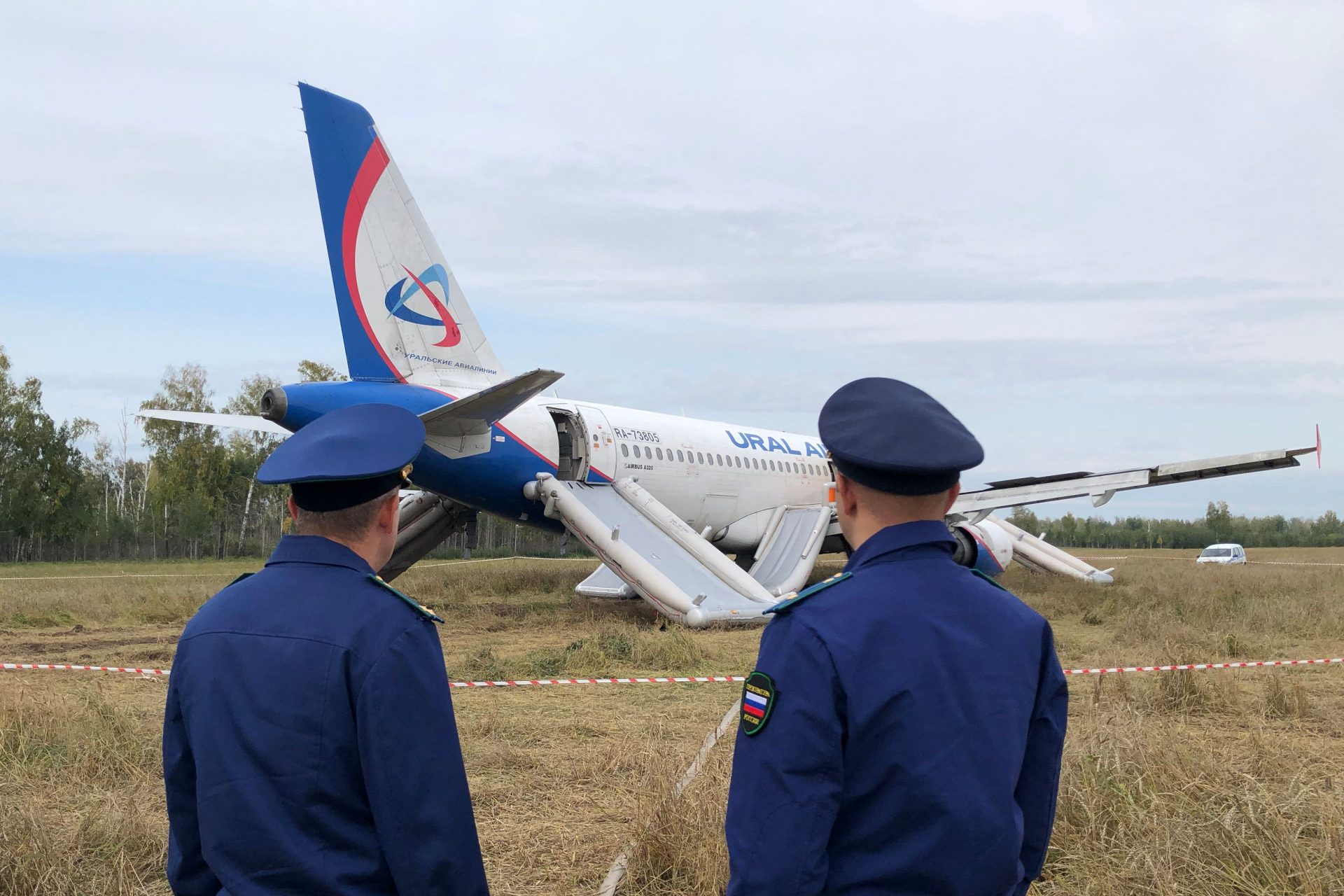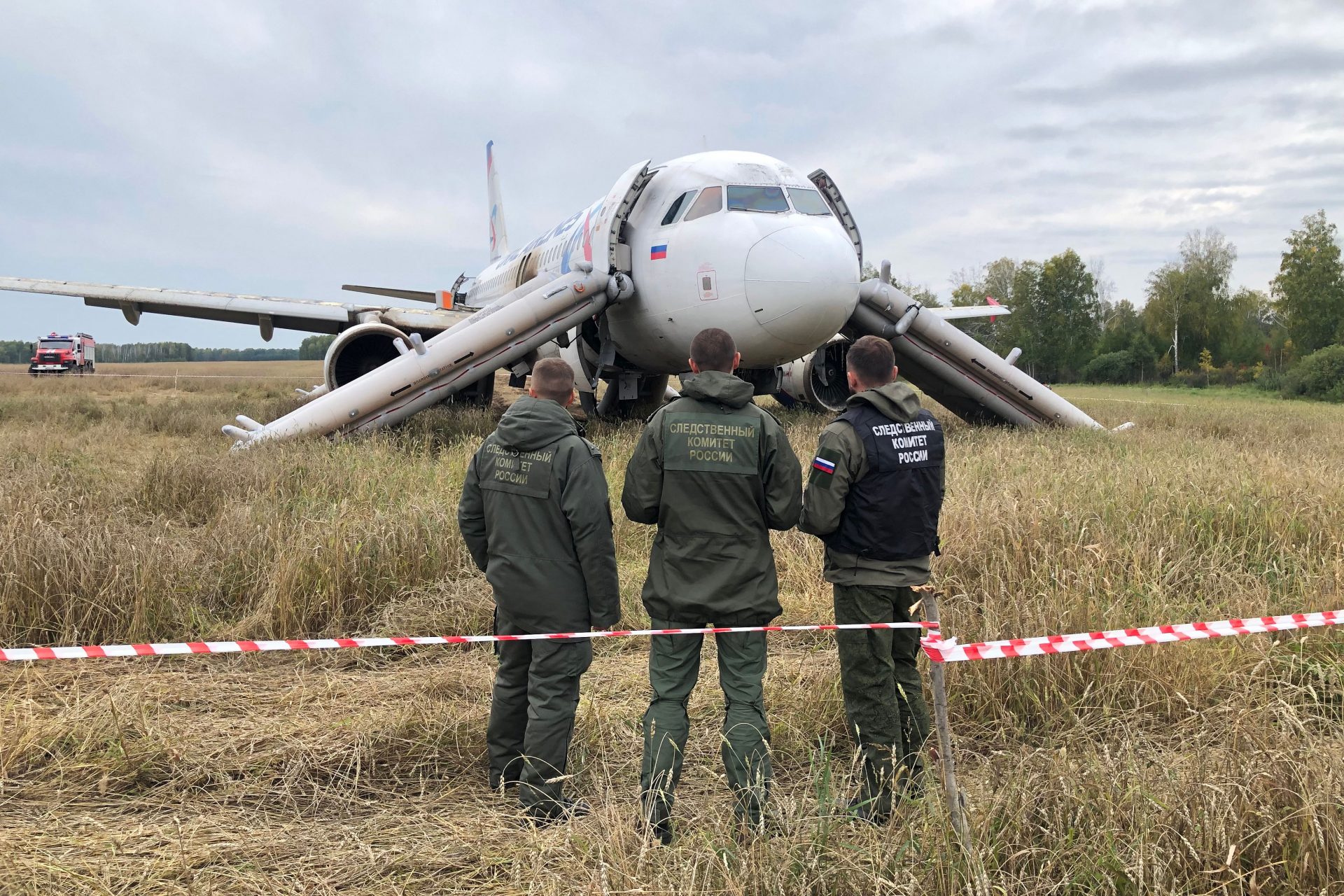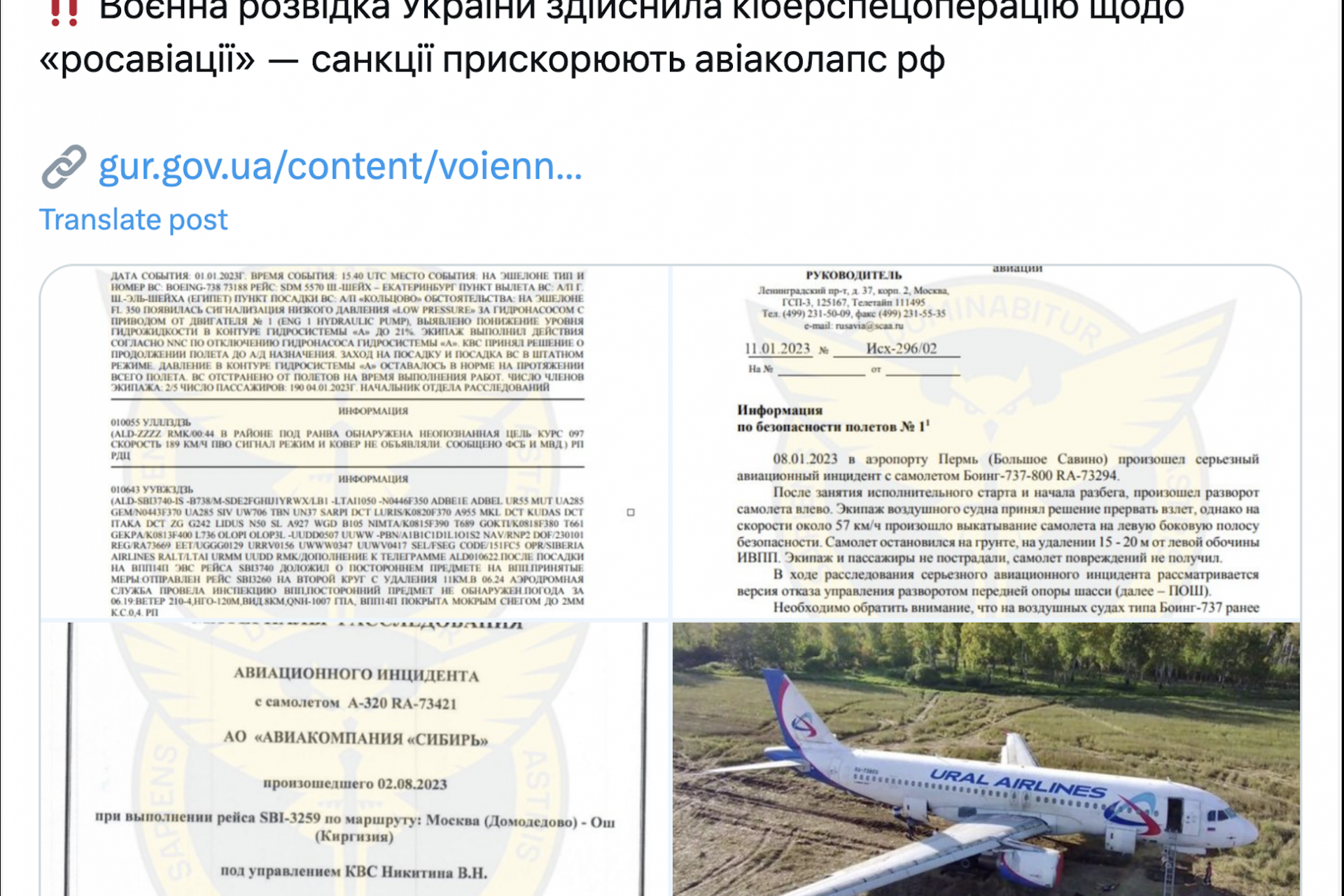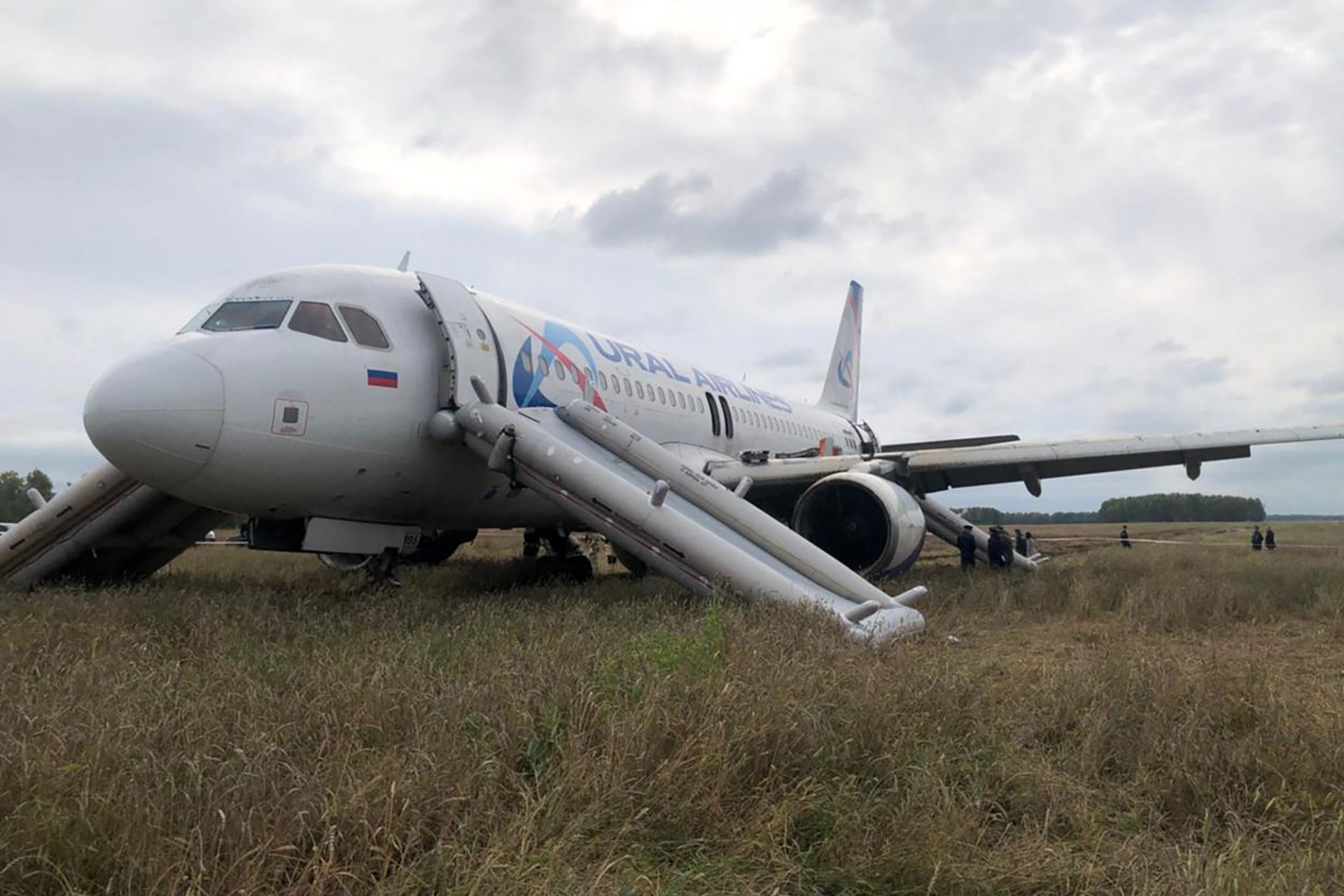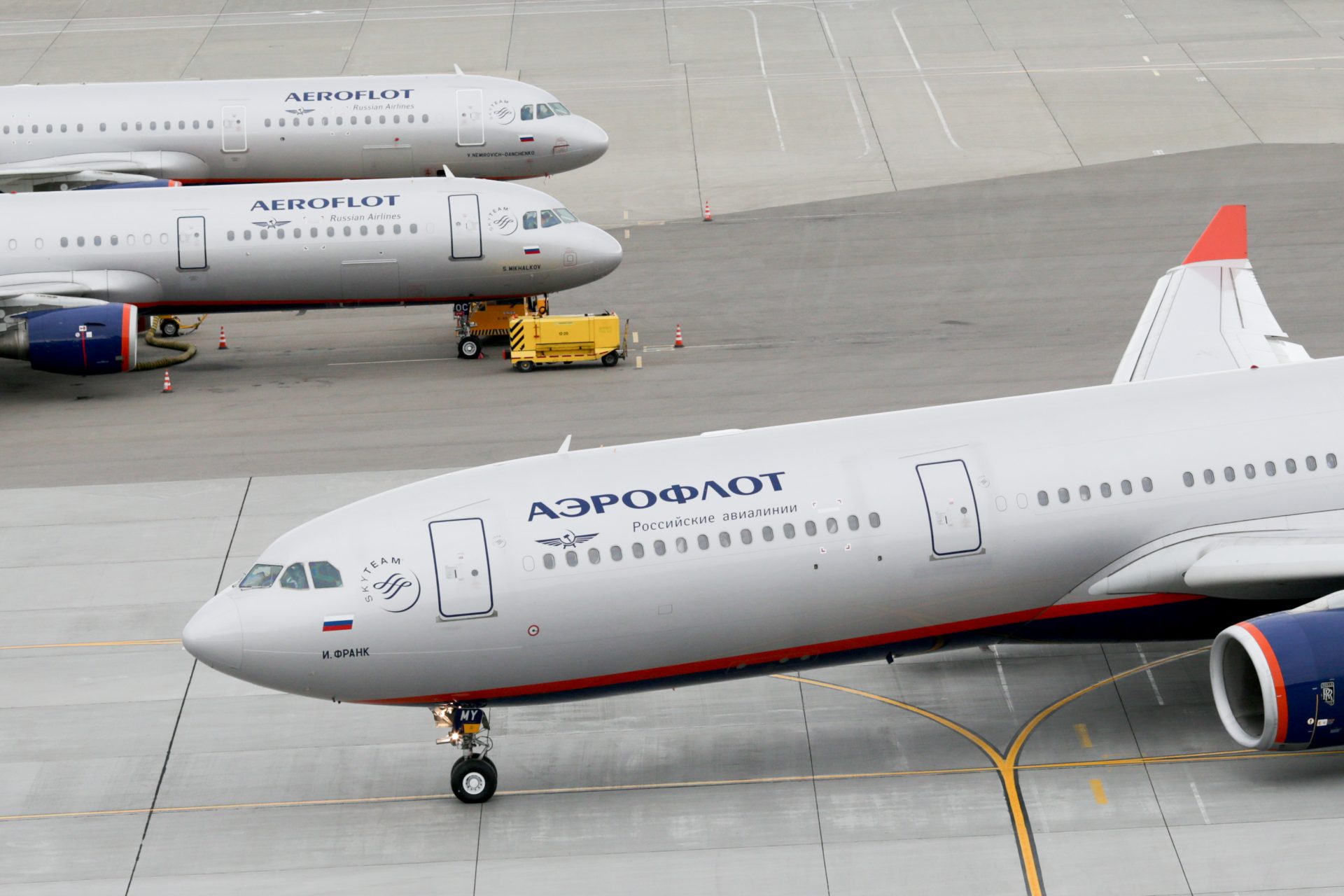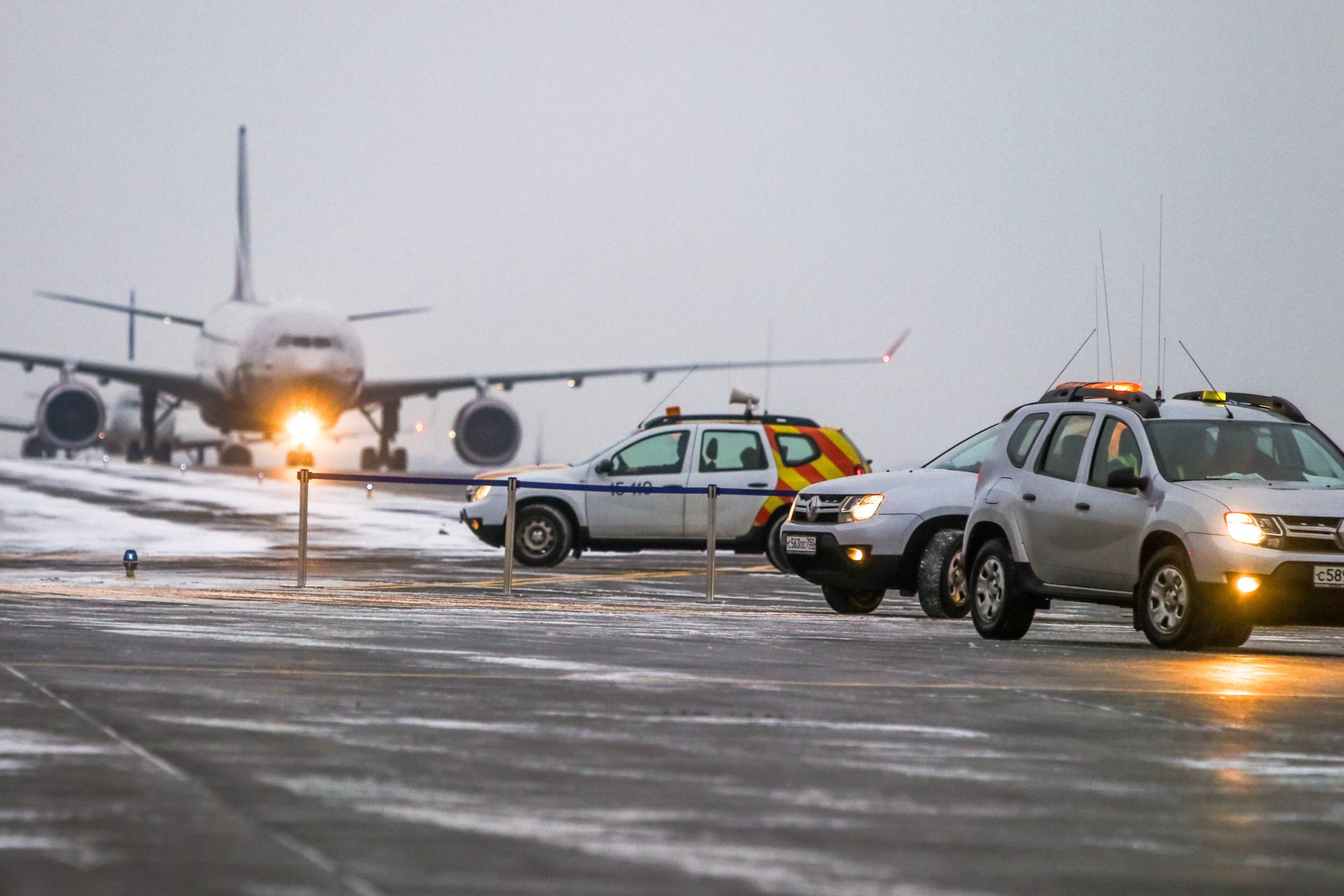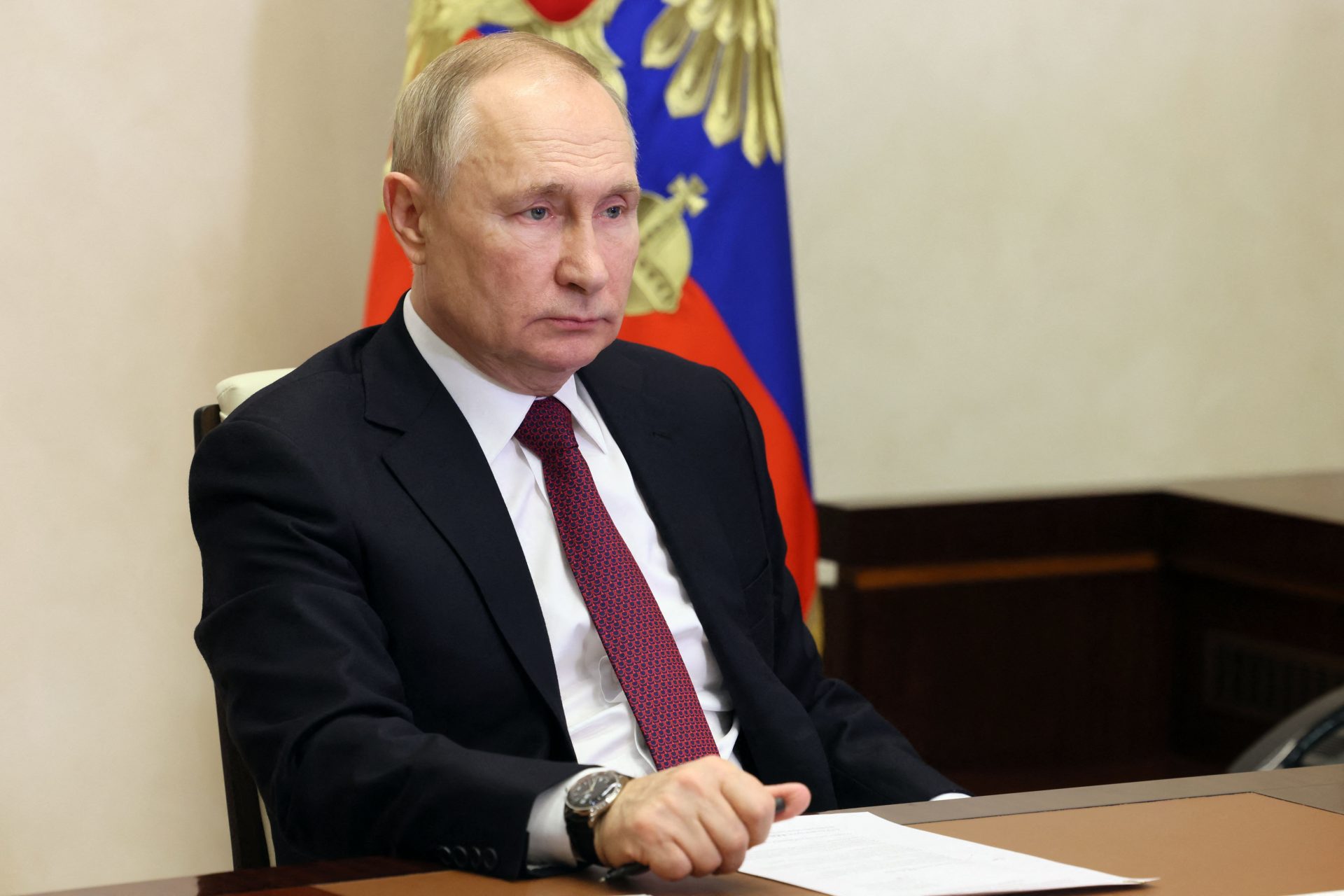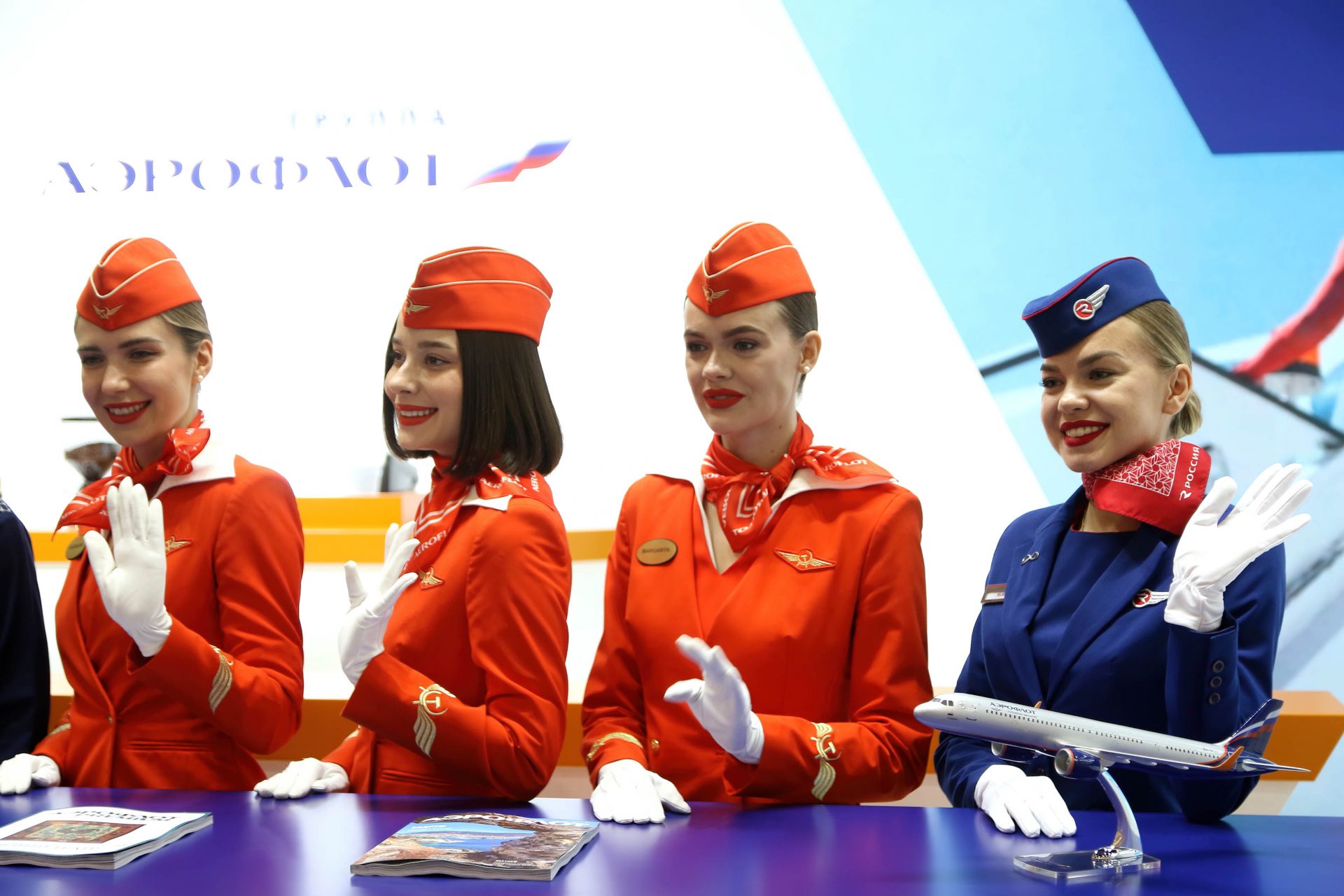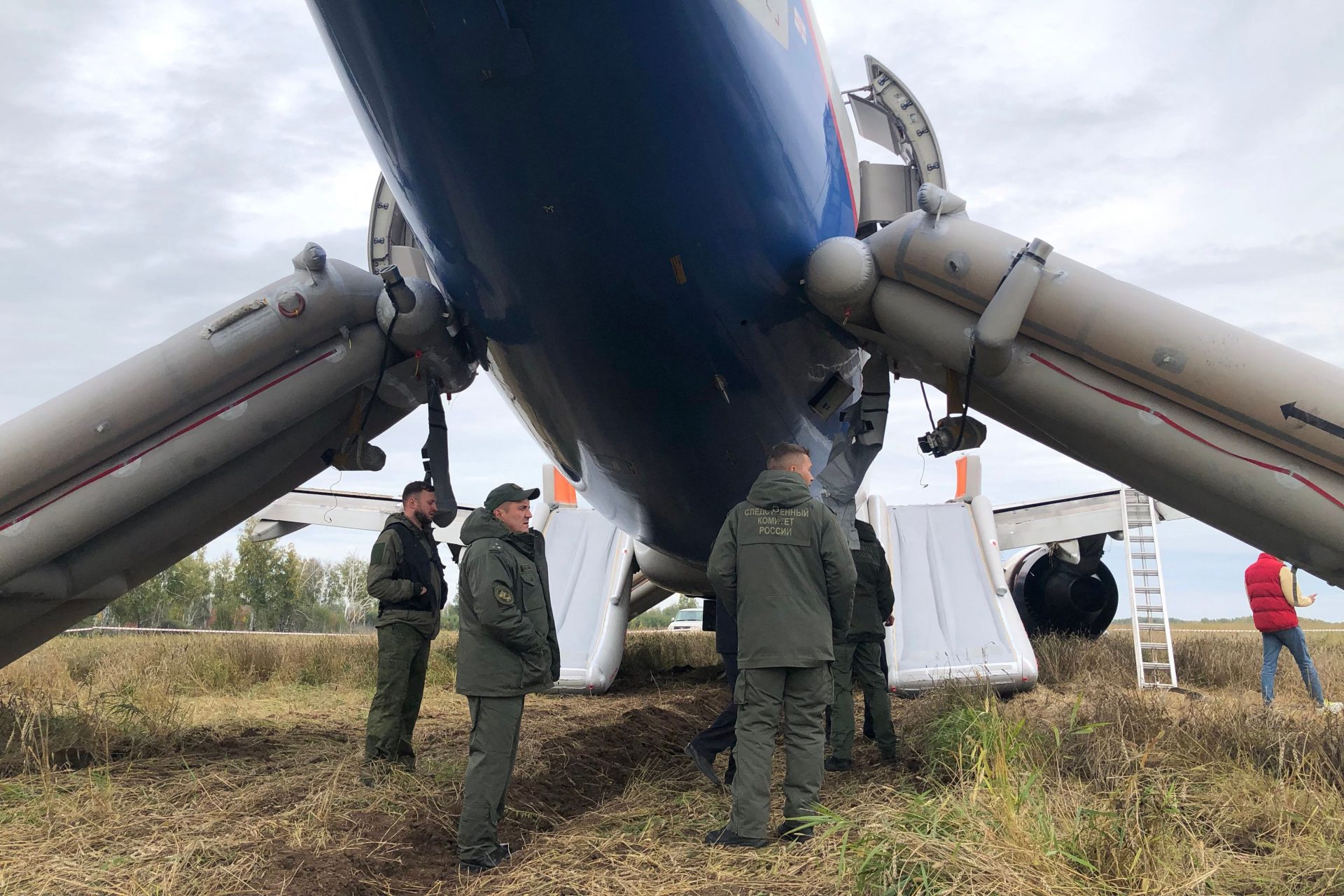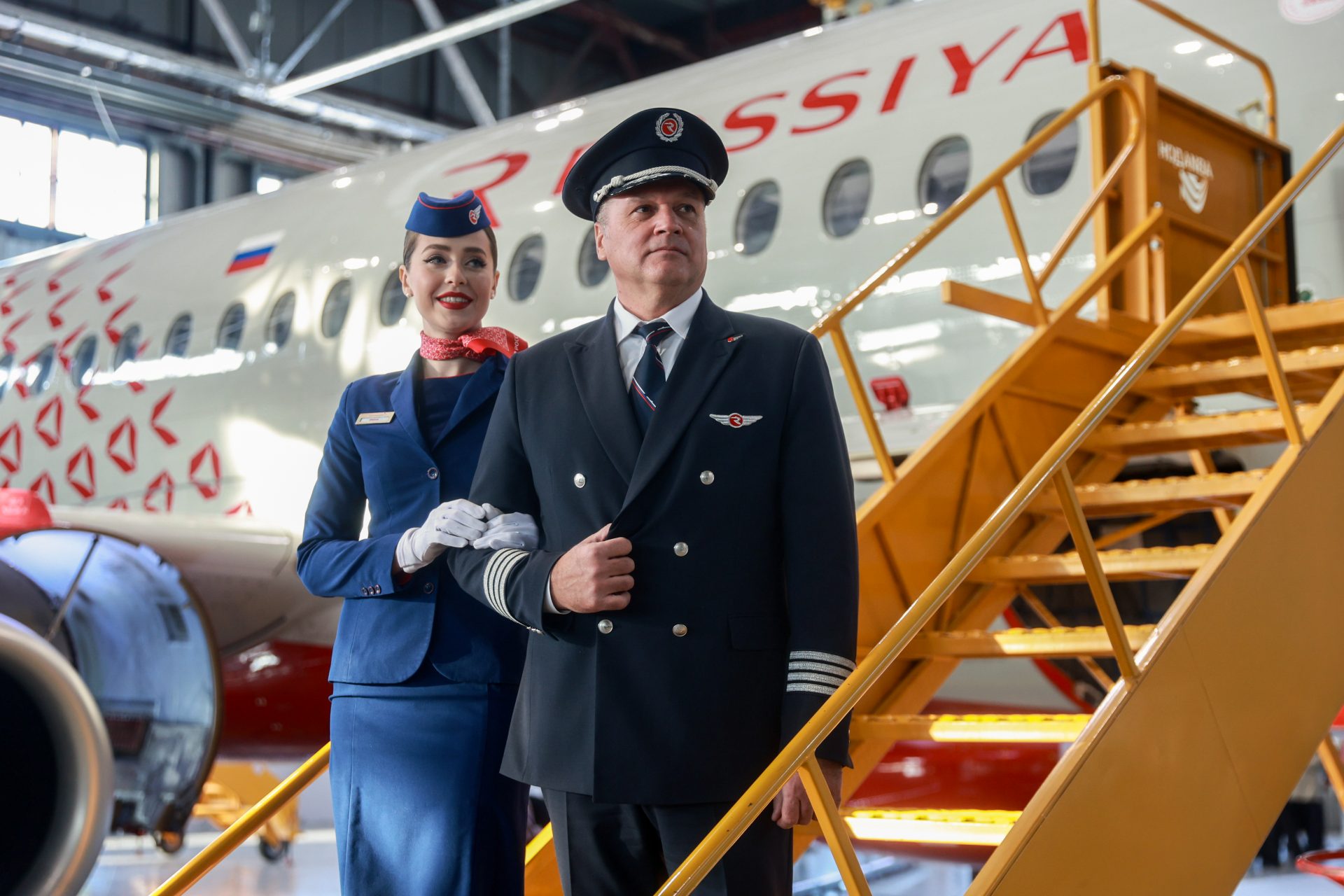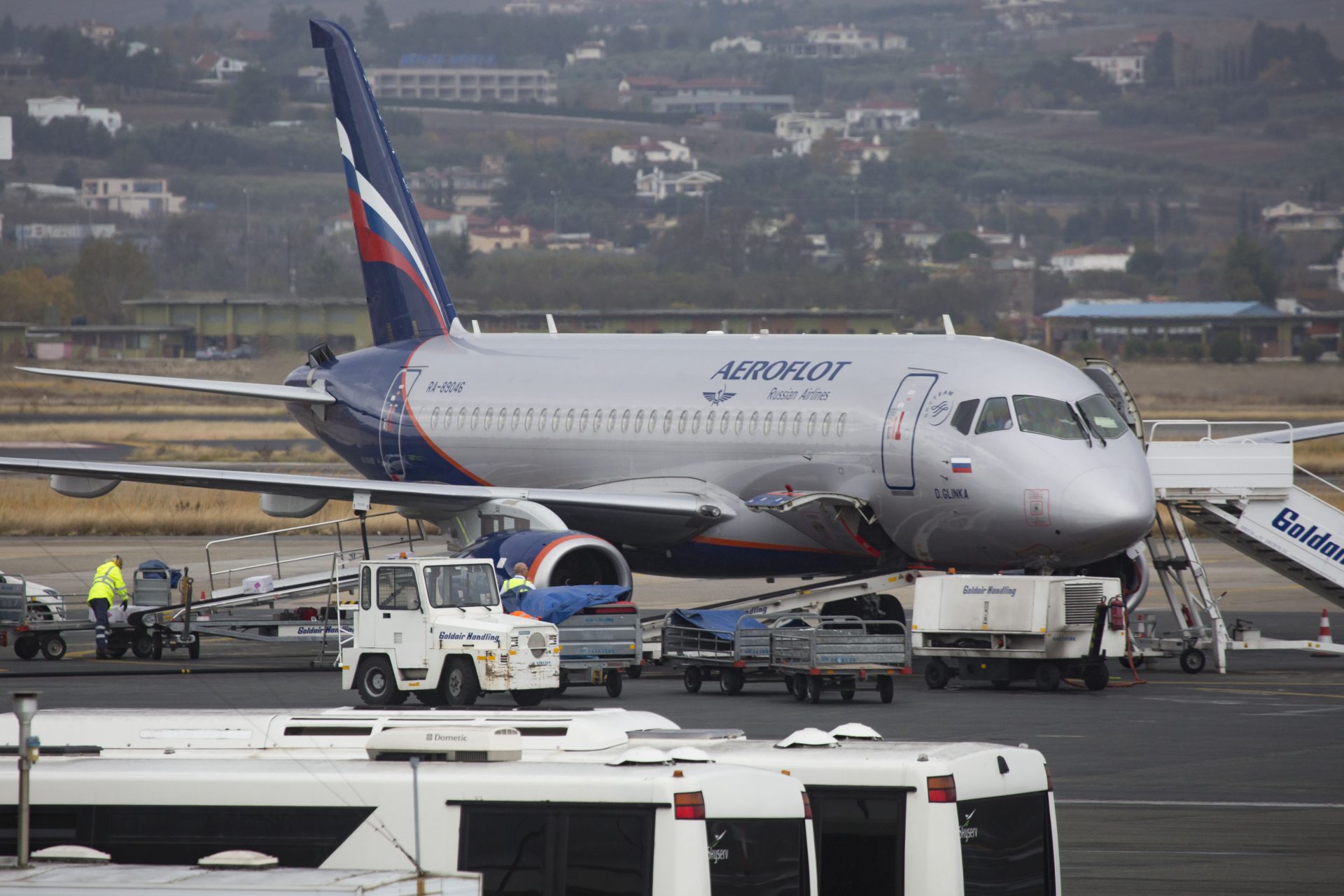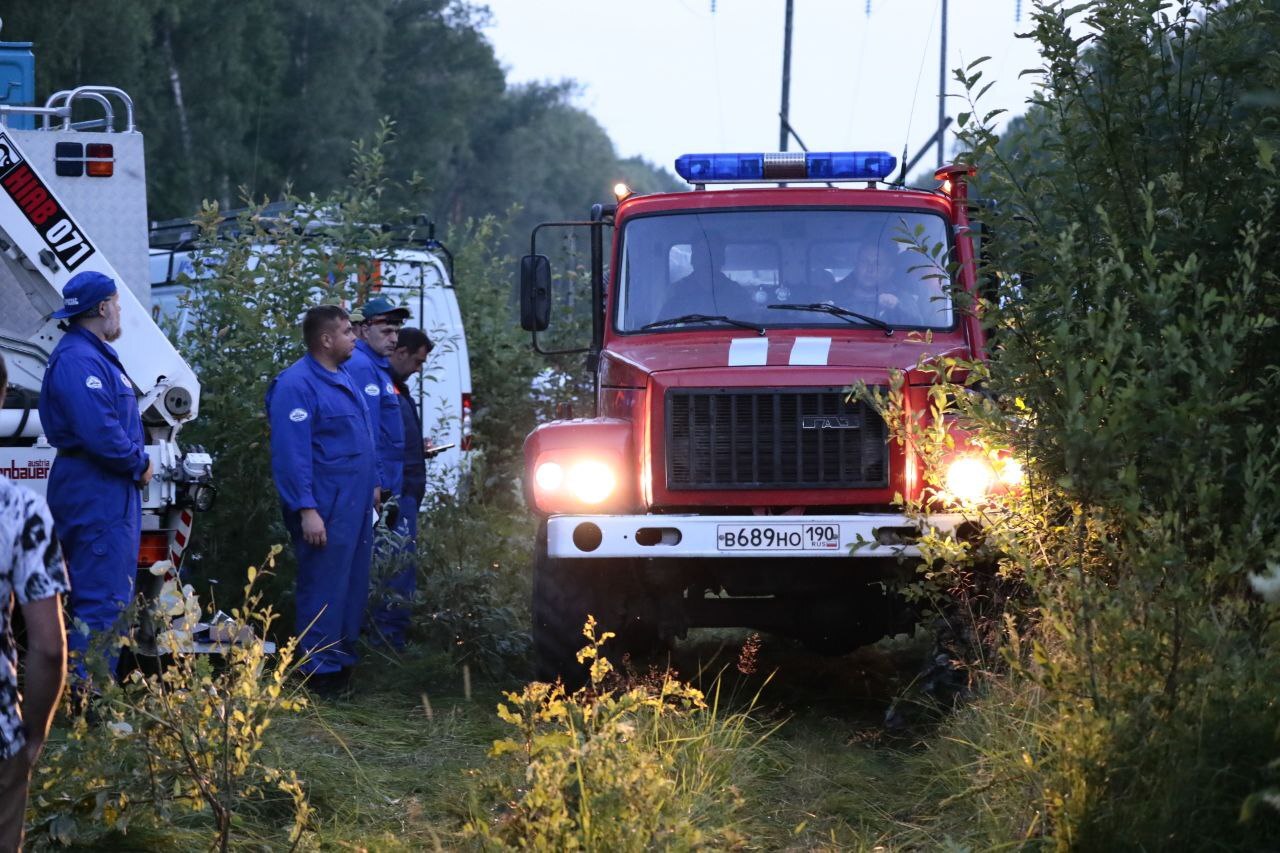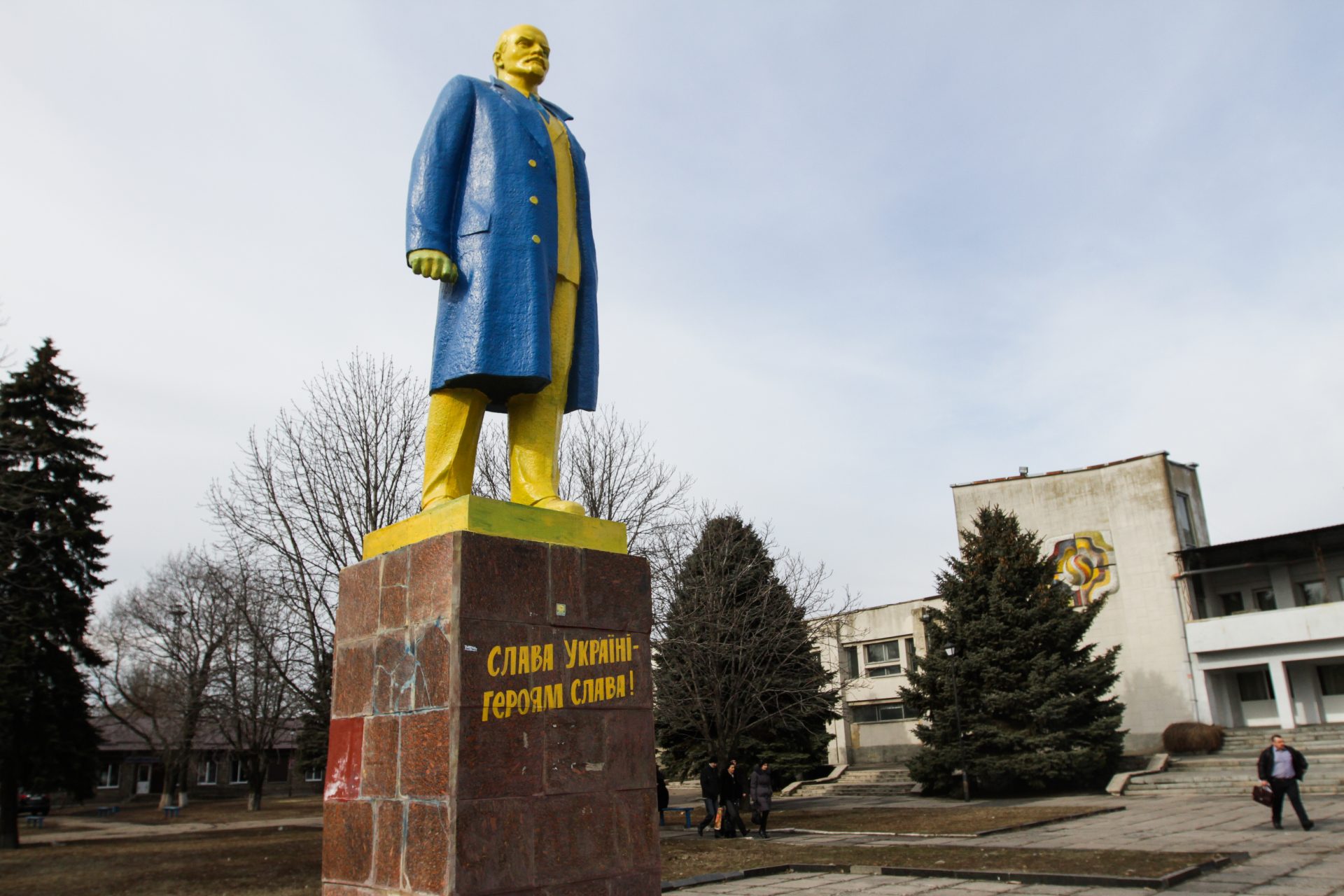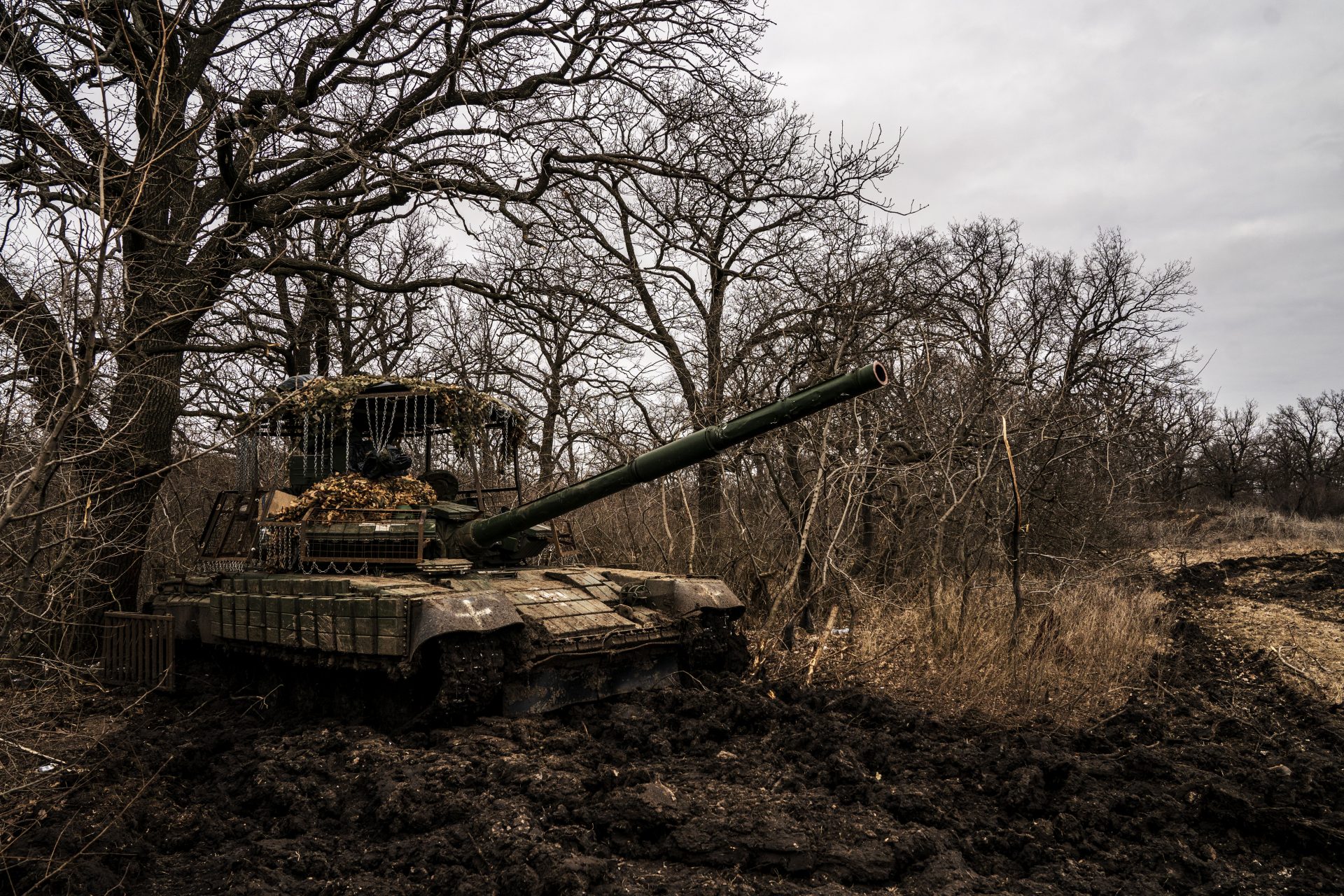Remember when hacked documents revealed Russian airlines were in serious trouble?
In the days and weeks that followed the fill-scale Russian invasion of Ukraine, countries from all over the world began imposing strict sanctions that affected almost every sector including Russia’s civil aviation industry.
Airlines were cut off from crucial spare parts from Western companies, and while it was assumed Russia's civil aviation sector would suffer, there were no clear indications that it was hurting until Kyiv leaked hacked documents revealing the severity of the problem.
On November 23rd, Ukraine's Main Directorate of Intelligence released hacked records from the Russian Federal Transport Agency 'Rosaviatsiya' revealing that the country's airline industry was not doing well and could eventually collapse.
Ukraine's Main Directorate of Intelligence posted the hacked records on its X account (formerly Twitter) and Telegram channel according to The Kyiv Post, and the Ukranian news outlet detailed several of the most worrying issues uncovered by the country's intelligence agency.
"There were 150 reports of aircraft technical malfunctions in the first 9 months of 2023, compared with fewer than 50 during the same period in 2022," The Kyiv Post reported.
The biggest issues Russian airline companies faced were problems related to "hydraulic systems, flaps, and software." Moreover, the information released noted that Russian airliners had begun relying on "uncertified" repairs of their plane with help from allies like Iran.
An estimated 820 foreign-made civilian aircraft may have been subjected to some uncertified repair using non-authentic spare parts. The hacked information showed that 35% of Russia's foreign-made fleets would likely need to be cannibalized by 2035 to keep their aircraft flying.
"In January 2023 alone, 19 of the 220 Airbus aircraft suffered technical failures with 33 among the 230 Boeing aircraft and 3 from the 21 Brazilian Embraer fleet," The Kyiv Post added.
The news that Russia's airline fleet might have been using uncertified parts and repairs clashed with information published by the New York Times in May 2023 that suggested that a steady stream of sanctioned aircraft parts were still making their way into Russia.
The New York Times revealed in a groundbreaking report that tens of millions of dollars in aircraft parts were sent to sanctioned Russian airlines—which included Ural Airlines, Aeroflot, Rossiya Airlines, S7 Airlines, Utair Aviation, and Pobeda Airlines.
Much of the equipment was sent through “illicit networks” designed to help Russia’s carriers circumvent Western sanctions by moving the goods around through various “straw buyers” that the New York Times said were located in Asia and the Middle East.
“For instance, dozens of shipments of copper wires, bolts, graphite, and other parts marked as made in the United States by Boeing slipped into the warehouses of Aeroflot last year,” wrote Ana Swanson and Niraj Chokshi of the New York Times.
“They traversed obscure trading companies, free-trade zones, and industrial parks in the United Arab Emirates and China, and then traveled into Russia, to help patch up Aeroflot’s dilapidated fleet,” Swanson and Chokshi added.
Data examined by Swanson and Chokshi showed that upwards of 5000 shipments of parts took place over eight months in 2022 and captured everything from simple screws to entire aircraft engines that were valued at $290,000.
Over the course of the eight months, there was a total of $14.4 million in sanctioned parts sent to Russia with $8.9 million being trademarked Boeing goods that were sold to Russian airlines via third parties like businessmen Oleg Patsulya and Vasilii Besedin.
Patsulya and Besedin were arrested in Arizona on May 16th for their role in supplying sanctioned aircraft parts to Russia and the New York Times revealed the story behind their clandestine operation, which ran parts through companies in Florida, Turkey, and Russia.
However, the millions in sanctioned goods that Russian airlines were buying may not have been enough, something the hacked data from Ukraine's Main Directorate of Intelligence might have confirmed if the information they published was genuine.
In May 2023, the Russian news outlet Proekt reported that there had been reports of several Russian airlines stopping flights as well as news that Aeroflot asked its employees to stop reporting malfunctions according to a translation of Proekt's reporting from The Insider.
“When the flight issues and disruptions in parts supply arose, an implicit directive was issued,” one of Aeroflot’s senior flight attendants explained according to a translation from The Insider.
“It involved sending a mass email to all senior flight attendants, instructing them not to record any breakdowns encountered during flights in the Cabin Log Book,” the senior attendant said, adding that they were only to verbally relay the issue and location.
As a result, the senior flight attendant noted that several Aeroflot flights were allowed to take off with malfunctions in cases where there were no spare parts available, even if the malfunction was significant. This was all done to keep flights from being grounded.
When Vladimir Putin ordered the invasion of Ukraine he set in motion a complex series of events that ultimately led to Western nations imposing some of the world’s harshest sanctions against Russia, with one of the most affected industries being airline carriers.
European aircraft leasing companies quickly ended their contracts with Russian carriers according to a Business Insider report at the time, which stood at $12 billion dollars worth of aircraft throughout the world. But that paled in comparison to the sanctions levied.
“The 2022 sanctions have turned out to be far more difficult to digest,” wrote Anastasia Dagaevain an article for the Carnegie Endowment for International Peace. Dagaevain went on to detail exactly what Russian airlines lost when the West began sanctioning Russia for the war.
There was an immediate loss of access to the global market for Russian airlines as well as leasing contracts, and technical support for their foreign-made planes, and several global partnerships were canceled—in addition to the loss of software and services.
Dagaeva also noted that immediately after the outbreak of war, there were sanctions that focused specifically on outlawing the supply of “civilian aircraft and spare parts,” though customs data has shown sanctioned parts were still making their way to Russia, as the New York Times revealed.
How Russian airlines have faired in 2024 is unclear. Russian passenger traffic was predicted to drop roughly 7% to just 98.1 million passengers in 2024 according to Russian Aviation Insider. But reliable details on the industry maintenance and spare sports sourcing problems are difficult to find
In July 2024, The Telegraph reported Russia was poised to ground more than 40 passenger jets because of sanctions preventing their engines from being fixed and Politico pointed out in the same month that fake parts for the country's jets would soon be made within Russia.
Politico's report came on the heels of a plane crash in Russia that saw a Sukhoi Superjet 100 passenger plane crash near Moscow. The plane was Russian-designed, but Politico noted many of its key components were made by Western companies.
More for you
Top Stories



